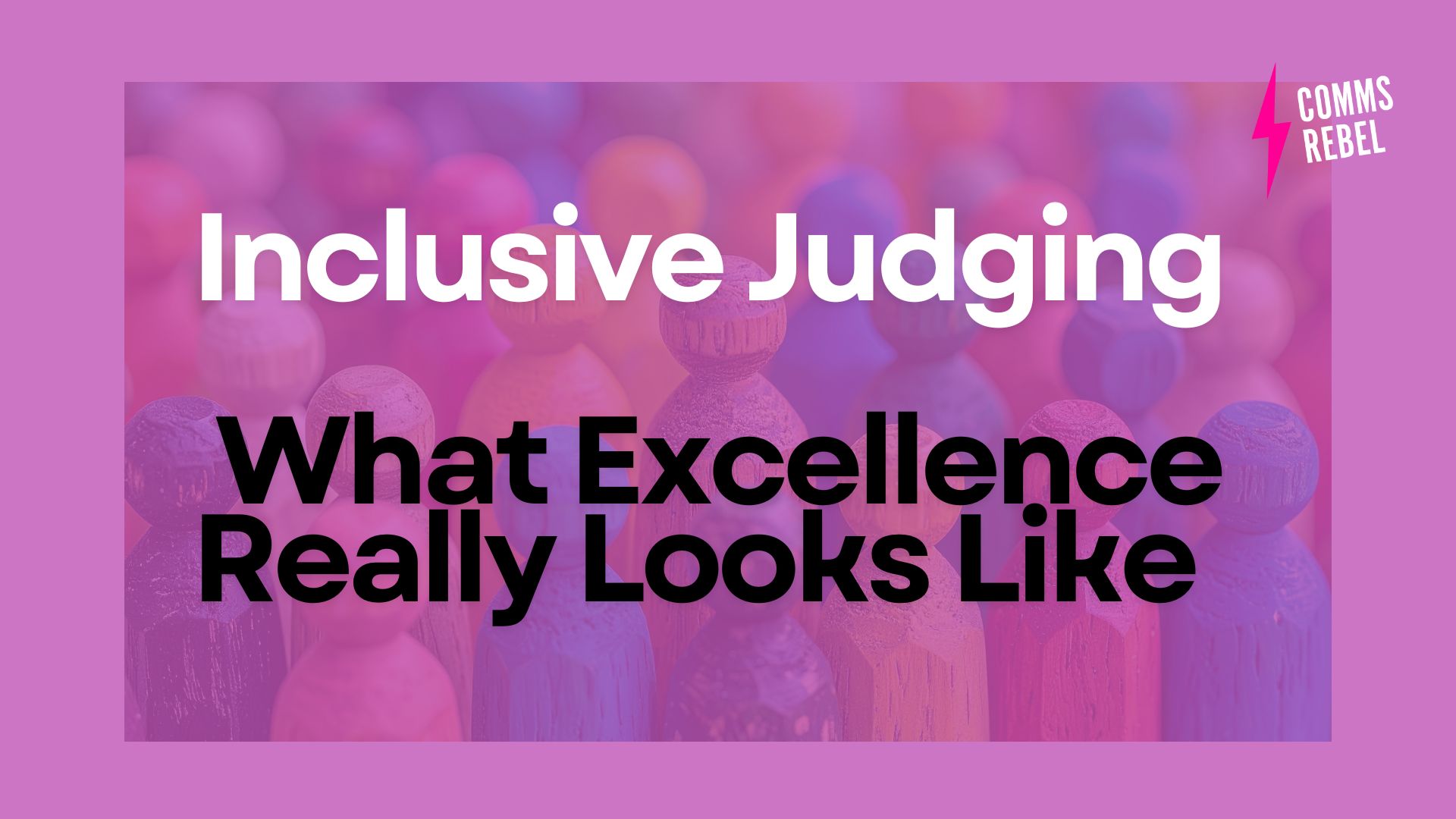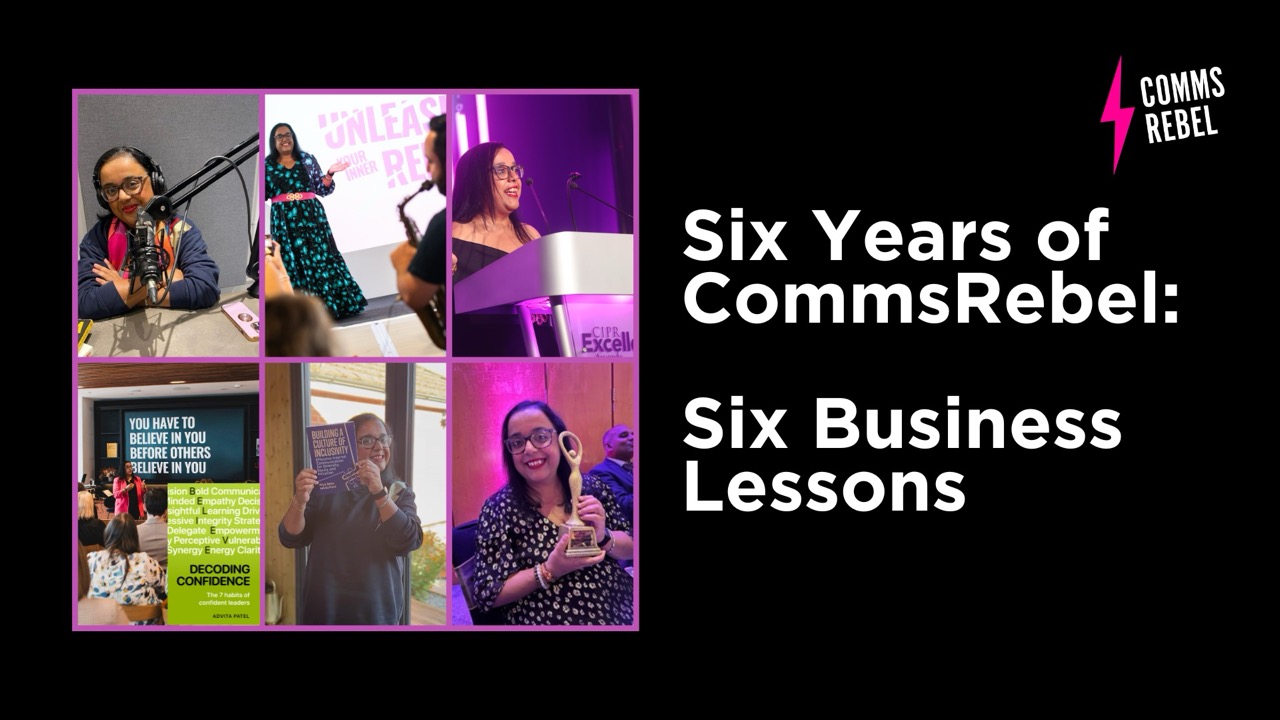Are you an inclusive leader?
When I host inclusive leadership communication workshops, I often discuss red flags to look out for.
But after such a positive response to a post a couple of months ago, I now share what green flags to look for in an inclusive leader. This seems to resonate more, leading to positive and proactive conversations.

Here are a few green flags I share:
1) They understand what accountability means.
Inclusive leaders often hold themselves and other people accountable for their commitments, and they take time to invest in their personal development so they are continuously learning about diversity, equity, and inclusion. Accountability also extends to addressing mistakes openly and using them as learning opportunities, demonstrating a commitment to continuous improvement.
2)An inclusive leader will have a curious mindset.
They will ask questions, listen actively, and be empathetic towards others. They’ll also have an inclusive culture coach or a group of trusted advisors to help them understand where improvements can be made. This curiosity drives them to seek diverse perspectives and integrate them into decision-making processes, fostering a more innovative and inclusive environment.
3) Cultural intelligence will be vital to them.
They’ll be fully aware of their cultural values and adapt well to multicultural environments. They recognise the richness that diverse backgrounds bring to the team and leverage this diversity to enhance creativity and problem-solving. They are adept at navigating cross-cultural interactions and sensitive to cultural nuances, ensuring everyone feels respected and valued. If you want to explore Cultural Intelligence further, message me and let’s have a chat. I’m now a certified Cultural Intelligence assessor.
4) Many inclusive leaders will not be afraid to show humility and vulnerability.
They will not be scared to admit they have more to learn and will create a psychologically safe space for others to collaborate and contribute. This humility builds trust and encourages team members to share their ideas and concerns without fear of judgment, leading to more open and honest communication.
5) They will be tuned into their bias and will work hard to ensure they create a fair and equitable environment.
By actively seeking feedback and being open to critique, inclusive leaders work to mitigate their biases. They implement practices and policies that promote fairness and equity, such as equitable hiring practices and unbiased performance evaluations.
6)Inclusive leaders understand the importance of open and transparent communications.
They will engage frequently with their team and others because building relationships is essential to them. This transparency helps build trust and ensures everyone is aligned with the organisation’s goals and values. They provide regular updates, seek input from team members, and are open about the reasons behind decisions.
7) They prioritise collaboration over competition.
Inclusive leaders foster a collaborative environment where teamwork and mutual support are valued over individual competition. They recognise that collective success is more sustainable and beneficial than personal accolades.
8) They are proactive in addressing conflicts.
Rather than avoiding conflicts, inclusive leaders address them head-on in a constructive manner. They facilitate discussions to resolve disagreements and find common ground, ensuring conflicts do not undermine team cohesion.
9) They champion diversity initiatives.
Inclusive leaders are often at the forefront of advocating for diversity and inclusion within the organisation. They support and sponsor diversity-related programs and initiatives, demonstrating their commitment to creating an inclusive workplace.
10) They mentor and sponsor underrepresented employees.
Recognising the importance of representation and support, inclusive leaders often take on mentorship roles to guide and advocate for the career advancement of underrepresented employees. They actively work to create opportunities and pathways for these individuals to thrive.
11) They celebrate diverse perspectives.
Inclusive leaders not only welcome different viewpoints but actively celebrate them. They highlight the contributions of team members from diverse backgrounds and ensure that their achievements are recognised and valued.
12) They continuously seek feedback on their leadership.
Inclusive leaders understand that their growth as leaders depends on continuous feedback. They regularly seek input from their teams and are open to making changes based on that feedback to improve their leadership effectiveness.
By identifying these green flags, organisations can cultivate a leadership team that is inclusive and drives innovation, collaboration, and sustained success. Encouraging these traits in leaders helps to create a more inclusive, dynamic, and productive workplace for everyone.
Anything else you’d add?
–//–
CommsRebel can help you revolutionise workplace cultures from within. If you would like to cultivate a thriving inclusive culture so colleagues unleash their full potential, we can help! Please get in touch, and let’s have a chat.


